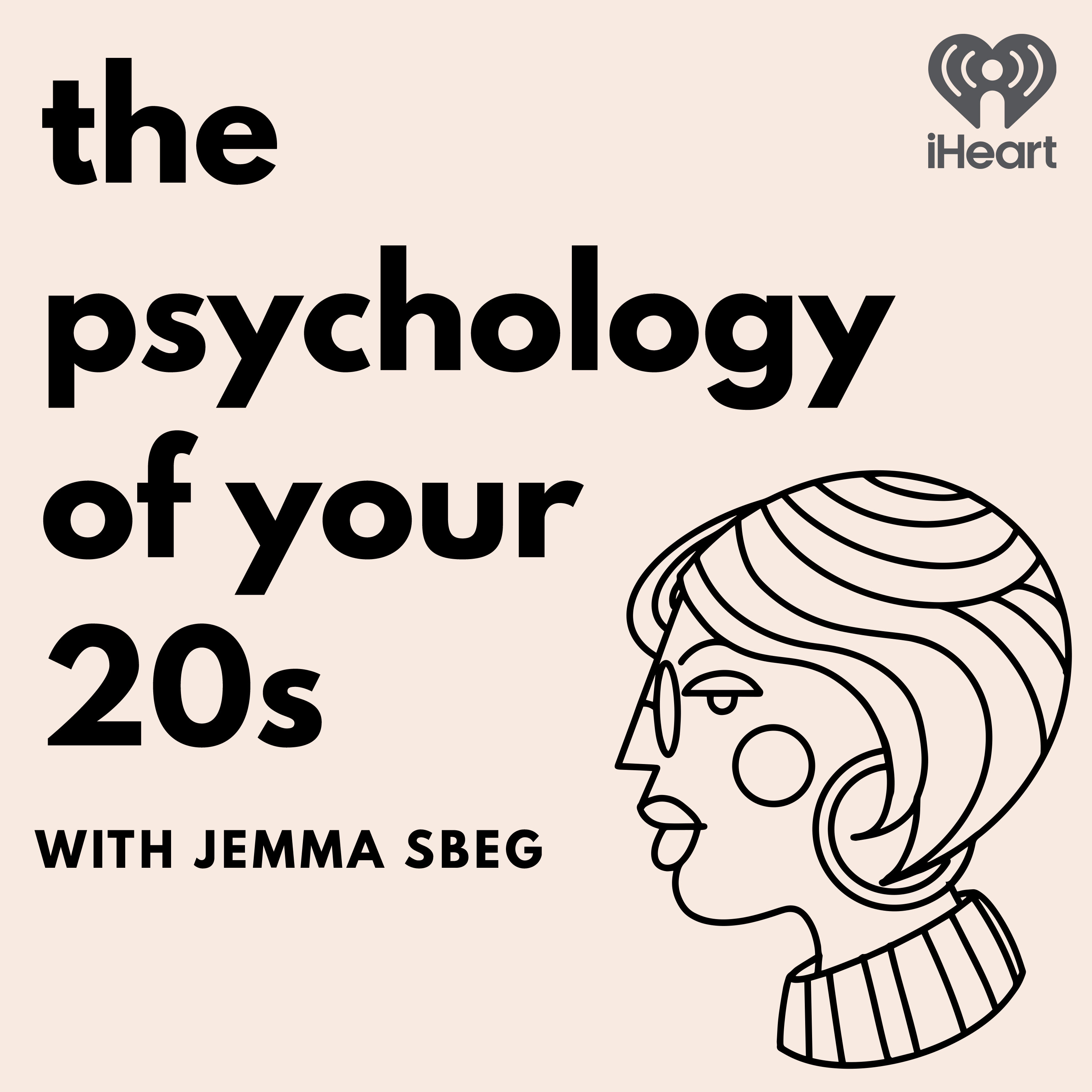Chapter

The Effects of Social Media on Attention and Reward
This transcript discusses how heavy social media users may become less able to ignore distraction in general due to the easily accessible and constantly changing nature of social media. Additionally, unique algorithms for every user create individualized news feeds on social media sites that increase engagement with the platform.
Clips
Variable rewards fuel our engagement and behavioral addiction when we become obsessed with the pattern of the reward.
14:09 - 16:24 (02:14)
Summary
Variable rewards fuel our engagement and behavioral addiction when we become obsessed with the pattern of the reward. Skinner used mice to understand human learning behaviors and how variable rewards create compulsive behaviors.
ChapterThe Effects of Social Media on Attention and Reward
Episode27. Is social media corrupting your brain?
PodcastThe Psychology of your 20’s
Social media algorithms create customized feeds for each user, making it an addictive platform with the power to create new habits and compulsions.
16:24 - 19:33 (03:09)
Summary
Social media algorithms create customized feeds for each user, making it an addictive platform with the power to create new habits and compulsions. The neurological process of long-term potentiation (LTP) further fuels the hijacking of our reward system through variable reinforcement and the use of features like the like button.
ChapterThe Effects of Social Media on Attention and Reward
Episode27. Is social media corrupting your brain?
PodcastThe Psychology of your 20’s
Research has hypothesized that heavy social media users become less able to ignore distractions.
19:33 - 26:18 (06:44)
Summary
Research has hypothesized that heavy social media users become less able to ignore distractions. A study showed that externalizing an experience on social media worsened participants' memories ability.